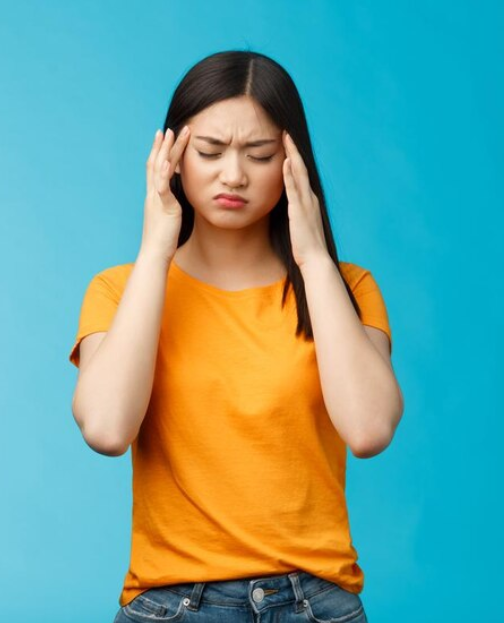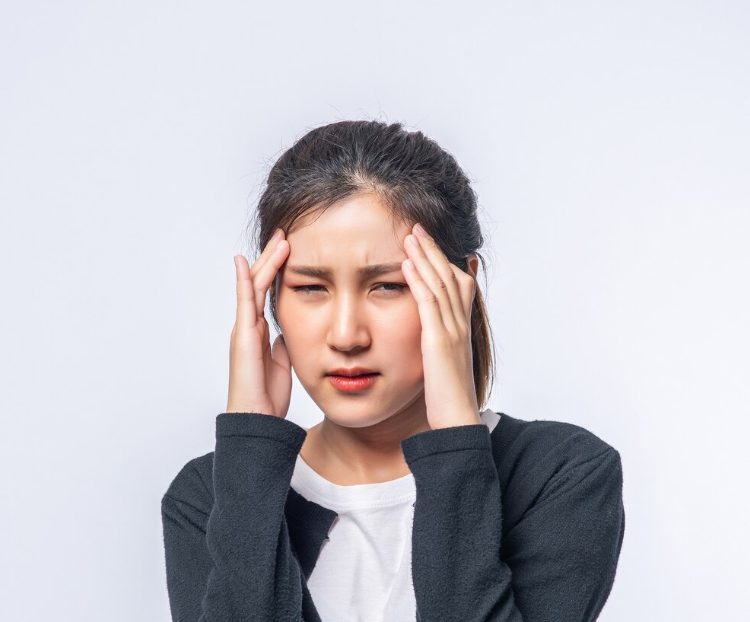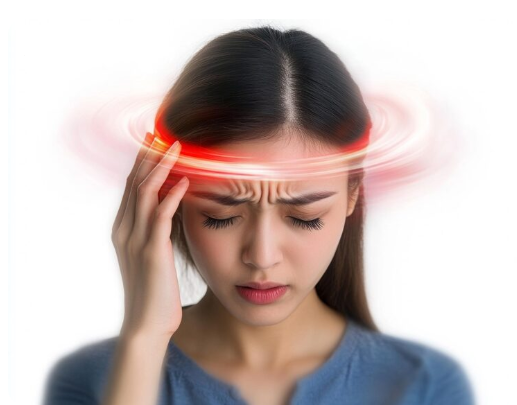Dizziness and light-headedness can strike suddenly and make you feel disoriented, weak, or even like you’re about to pass out. These sensations can be alarming—especially if they occur frequently or without warning. In many cases, not eating regularly, dehydration, or poor lifestyle habits are to blame. This blog post explores why you might feel dizzy, what to drink to stop dizziness, and how to prevent that faint, light-headed feeling.
Why Do I Feel Dizzy When I Don’t Eat?
Feeling dizzy when you skip meals is a common issue. Here’s why:
1. Low Blood Sugar (Hypoglycemia)
When you don’t eat for an extended period, your blood sugar levels drop. Glucose is your brain’s main fuel, so without it, you may feel:
- Weak or shaky
- Light-headed
- Confused
- Irritable
2. Low Blood Pressure
Skipping meals can also lower your blood pressure, leading to reduced blood flow to the brain. This can cause:
- Blurred vision
- Dizziness
- Fatigue
3. Dehydration
Food contributes to your hydration levels. When you don’t eat and also fail to drink enough fluids, dehydration can set in quickly—especially in hot climates or after exercise.

How to Stop Feeling Dizzy and Light-Headed
When dizziness hits, your first instinct is to sit or lie down. That’s good—but long-term relief requires a few lifestyle adjustments. Here are practical ways to stop dizziness:
1. Eat Regular, Balanced Meals
Make sure you eat every 3–4 hours and include:
- Complex carbs (brown rice, oats, whole grain bread)
- Lean proteins (eggs, chicken, tofu)
- Healthy fats (avocados, nuts, olive oil)
Pro Tip: Don’t skip breakfast—start the day with a small meal that includes protein and carbs.
2. Stay Hydrated
Water is vital for brain and cardiovascular function. Aim for at least:
- 8 glasses (2 liters) of water per day
- More if you’re active or live in a hot area
Include electrolyte-rich drinks like coconut water or oral rehydration solutions after sweating or illness.
3. Snack Smart
If you’re prone to dizziness, keep small snacks on hand:
- A banana
- A handful of nuts
- Yogurt
- A granola bar
These help maintain blood sugar levels between meals.
4. Manage Stress and Anxiety
Stress can trigger hyperventilation, making you feel light-headed. Practice:
- Deep breathing
- Meditation
- Gentle yoga or stretching

What Can I Drink to Stop Dizziness?
Certain beverages can provide fast relief from dizziness, especially if caused by dehydration or low sugar:
| Drink | Why It Helps |
|---|---|
| Water | Restores hydration and circulation |
| Coconut Water | Contains electrolytes like potassium and magnesium |
| Fruit Juice (orange, apple) | Provides natural sugars to raise low blood sugar |
| Herbal Tea (ginger, peppermint) | Aids digestion and improves circulation |
| Oral Rehydration Solutions (ORS) | Ideal for recovering from vomiting, diarrhea, or heat exhaustion |
| Milk or Protein Shake | Combines fluid with nutrition for longer-lasting energy |
Avoid drinks that dehydrate you, such as:
- Caffeinated beverages (excess amounts)
- Alcohol
- Sugary energy drinks

How Can I Stop Feeling Like I’m Going to Pass Out?
If you ever feel like you’re about to faint, follow these steps immediately:
1. Sit or Lie Down
This helps restore blood flow to your brain. If possible, lie down and elevate your legs.
2. Breathe Deeply
Take slow, deep breaths to counteract panic or anxiety-induced hyperventilation.
3. Eat or Drink Something
If it’s been a while since you ate, have a quick-acting sugar source:
- A small juice box
- A glucose tablet
- A spoonful of honey
4. Cool Down
If you’re overheated, remove a layer of clothing, sip water, and move to a cooler space.
5. Focus on Recovery
Avoid sudden movements. Take your time getting up and keep sipping water.
When Should You See a Doctor?
Dizziness is common, but if it becomes chronic or severe, you should seek medical advice. Watch out for:
- Persistent dizziness over days or weeks
- Dizziness accompanied by chest pain, nausea, fainting, or confusion
- Sudden changes in vision or speech
- A spinning sensation (vertigo)
These could be signs of:
- Inner ear disorders
- Low iron (anemia)
- Heart or blood pressure problems
- Neurological issues
Lifestyle Tips to Prevent Dizziness Long-Term
Here are some habits to adopt that can reduce your risk of feeling dizzy in the future:
✅ Get Enough Sleep
Poor sleep quality can worsen feelings of fatigue and dizziness.
✅ Eat Iron-Rich Foods
Low iron can cause anemia. Include:
- Spinach
- Red meat
- Lentils
- Fortified cereals
✅ Limit Alcohol Intake
Alcohol dehydrates and lowers blood pressure, which can lead to dizziness.
✅ Exercise Regularly
Light cardio like walking or cycling improves circulation and energy levels.
Final Thoughts
Feeling dizzy, light-headed, or like you’re about to pass out is unsettling, but often it’s a sign your body needs food, water, or rest. By eating balanced meals, staying hydrated, and listening to your body’s signals, you can often prevent and manage these symptoms effectively.
However, if dizziness becomes a regular part of your life, don’t ignore it—speak with a healthcare provider to rule out any underlying medical issues.
